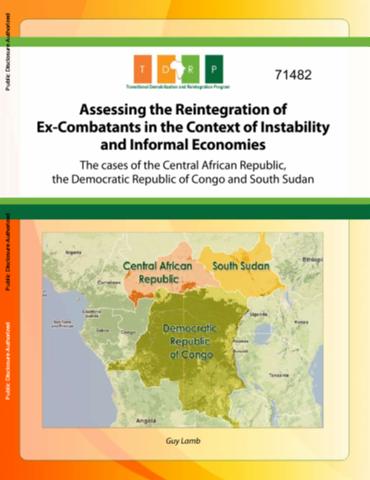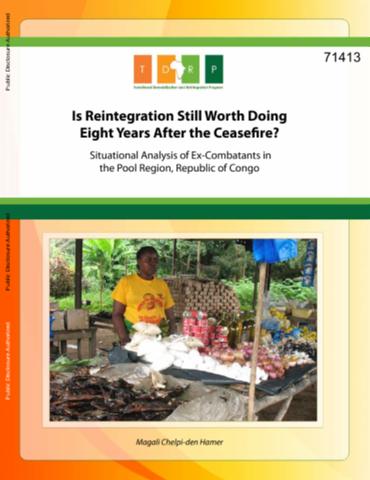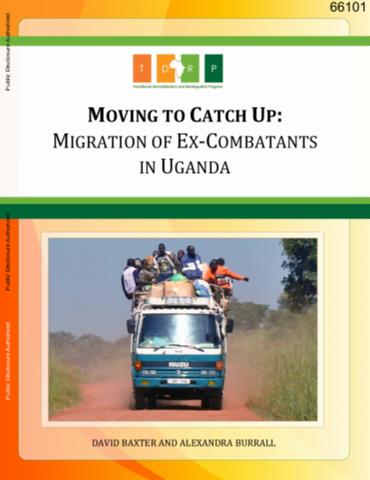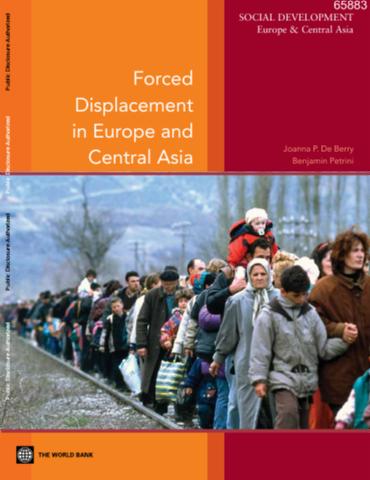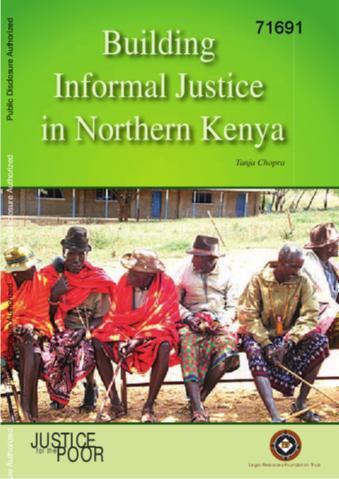The Role of Tropical Forests in Supporting Biodiversity and Hydrological Integrity : A Synoptic Overview
Conservation of high-biodiversity tropical forests is sometimes justified on the basis of assumed hydrological benefits - in particular, the reduction of flooding hazards for downstream floodplain populations. However, the "far-field" link between deforestation and distant flooding has been difficult to demonstrate empirically.


